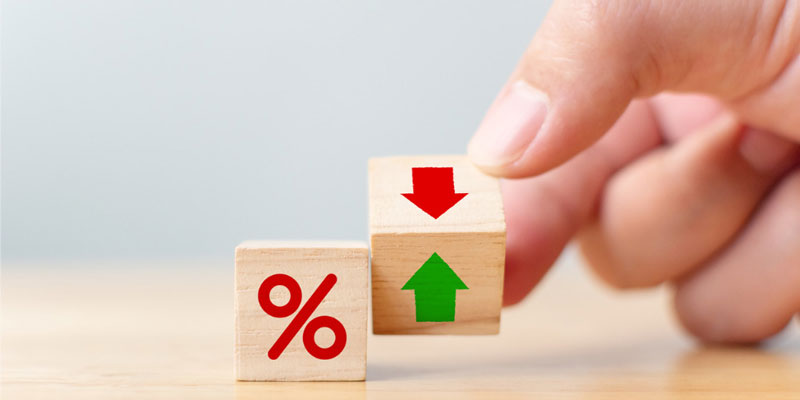It is a popular misconception that cashier's checks, which are checks that are generated and payable by a bank, are safer than electronic payments or personal checks. However, fraud may still occur with cashier's checks. These checks were once difficult to counterfeit due to the presence of security measures, but in today's world, practically everything can be forged.
Common Cashier's Check Scams
The use of fraudulent cashier's checks is not a widespread concern. The usage of checks of every sort has decreased in recent years as the security of online payment methods has improved, and more individuals have gained access to them. However, cashier's check fraud is risky partly because it is not common. As a result, you may need to be more vigilant against it. According to Whaley, typical cons still often include the use of forged bank checks to con people:
Lottery Wins and Surprises Inheritances
The con artists would tell their victims that they have received an unexpected inheritance or won the lottery in a foreign nation that they have never been to. This con may be used to deceive you into exposing personal information such as bank account details or paying back a tiny percentage of the money you have purportedly received in the form of a counterfeit bank or cashier's check. Both of these scenarios are possible outcomes. Naturally, the payment that was supposed to be sent to you will not be processed.
How to avoid it
According to Whaley, "you really need to apply the smell test to it," even though you have a strong faith in the generosity of strangers. If something seems too good to be true, there's a strong chance it isn't. This is a well-known saying.
The Mystery Shopper
This typical deception often finds its target audience among weak job seekers, particularly those searching for employment that can be done from home. You will be given a bank check as an initial payment for a work that you still need to start; becoming a mystery shopper is a popular example. The perpetrator will then ask you to transfer back a portion of the money to activate your account. After you have already sent the money, you learn that the payment they sent was a scam.

How to Avoid It
You should do a fast search on Google using the name of the firm along with the phrases "complaint," "reviews," or "scam." This comes highly recommended by the Federal Trade Commission. Never send money over the mail or agree to cash a check for an unknown person. You should never have to pay to act as a secret shopper.
Payments From Online Buyers
According to Whaley, this one is seen far more often than the others. If you fall victim to this con, you will be asked to sell an item on Craigslist or another website of a similar kind. The customer hands you a cashier's check as payment, takes your merchandise, and disappears before you can determine that the check is fraudulent.
How to Avoid It
Do not accept a bank check from a person whose identity you cannot verify. If there is an absolute need, you might request the buyer's presence at the financial institution that cashed the check. A teller needs to be able to determine whether or not the check is valid and whether or not the funds are accessible.
Signs of Fraud
Your best defense is to exercise extreme caution if you are allowed to take a cashier's check. But according to Whaley, "the eye test" can tell you a lot about the legitimacy of a check if you have already received it and are wondering whether or not it is valid. Fraudulent material may be identified by its absence of color, the appearance of having been photocopied or produced on a low-quality color printer, or both.
You should only accept a cashier's check if the field designated for the payee is filled in. When these instruments are issued, they must have the name of a particular person or organization pre-printed; the payee information cannot be added later.
How to Protect Yourself

Only contact the number stated on the check if you have any doubts about the check's authenticity. Instead, call the bank that issued the check to determine whether it is legitimate. If the check itself is a forgery, then the number on it most likely is as well. Instead, you should seek the bank's contact information online and use the phone number on the website.
If you are forced to accept a check, you should wait several days after depositing it before attempting to utilize the money. There are situations when your bank will make money accessible to you even before the check has cleared. However, if you spend that money right immediately, you may find yourself in a bind if the check is returned as unpaid.



